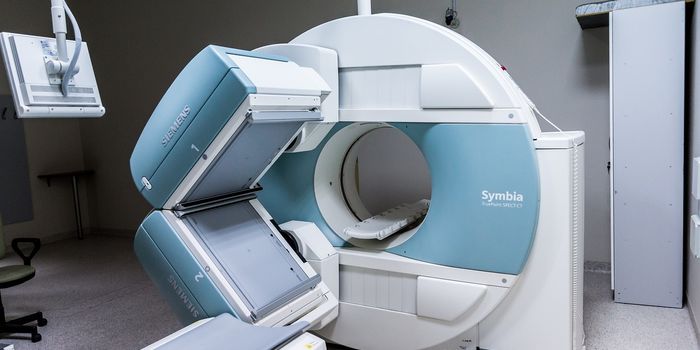Childhood Bronchitis Linked to Pneumonia and Lung Issues in Adulthood
Over 50 years ago, researchers began gathering data for the Tasmanian Longitudinal Health Study (TAHS). The TAHS, which follows the respiratory health of 8,583 people born in 1961, is now the longest-running study on respiratory health.
Using the data set collected by the TAHS, researchers at the Allergy and Lung Health Unit at the University of Melbourne have found evidence that bronchitis in childhood has long term effects that continue into adulthood. The researchers looked at a dataset of 3,202 THAS participants, of which 47.5% had one or more episodes of bronchitis in childhood.
Bronchitis is a medical term that has been historically used to described bouts of coughing. While bronchitis could be caused by a bacterial or viral infection, it could also be a result of asthma. Bronchitis is now defined more specifically as a chronic cough lasting longer than 4 weeks.
Among participants that experienced bronchitis in childhood before the age of 7, there was a significant increase in instances of asthma and pneumonia in middle-age. Previous studies have already shown that children with bacterial bronchitis are at an increased risk of developing chronic lung disease after two to five years. This most recent study adds on to these previous findings to show that these lung issues can continue to crop up well into adulthood.
The researchers also found that the risk for developing asthma and pneumonia in adulthood increased the more often a person had bronchitis as a child. Their risk also increased along with the length and severity of childhood bronchitis cases.
Dr. Jennifer Perret, lead author of the paper, noted that “this is the first very long-term prospective study that has examined the relationship between childhood bronchitis severity with adult lung health outcomes… studies like ours are documenting the potential for symptomatic children to develop lung conditions, such as asthma and lung function changes, up to mid-adult life.”
Sources: The Tasmanian Longitudinal Health Study, BMJ Open Respiratory Research








